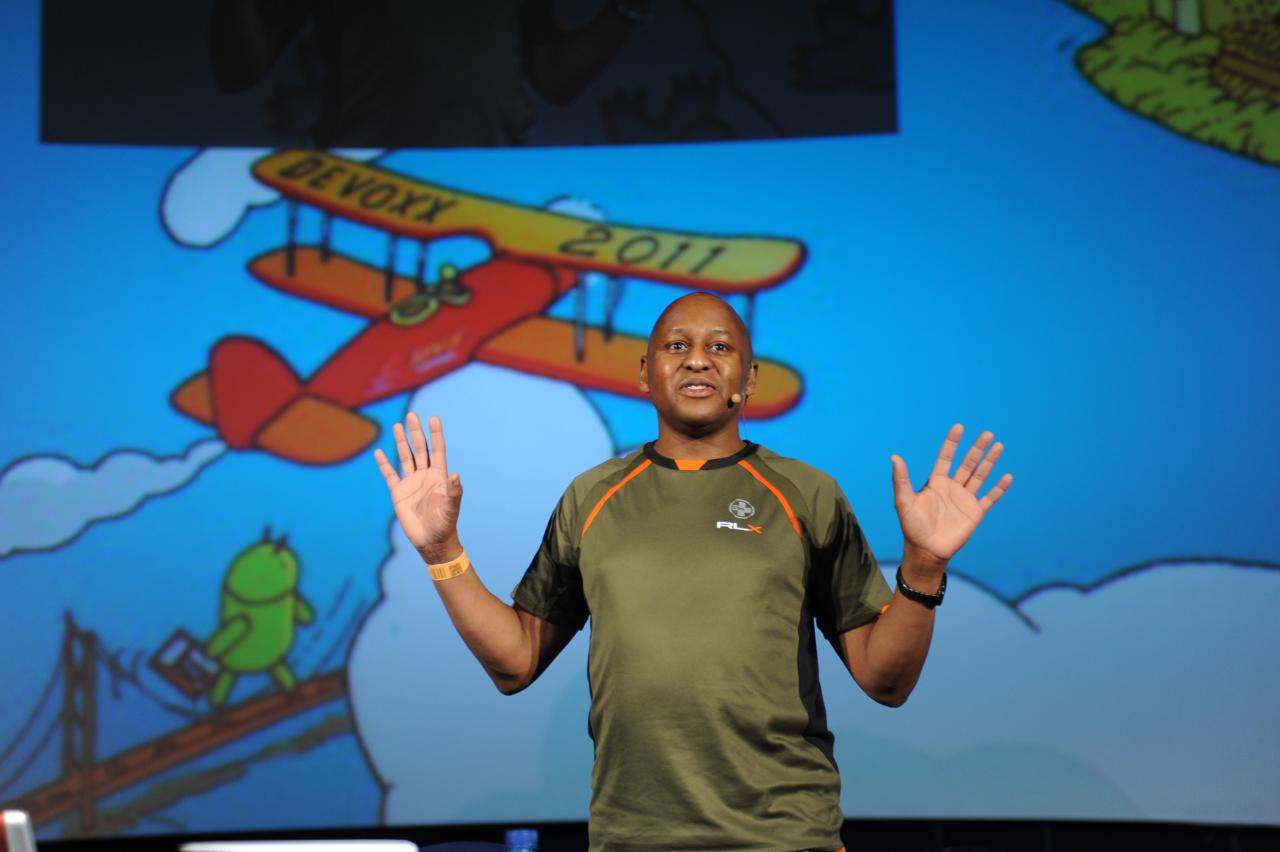Java EE 8 in Crisis
09 June 2016 7 comments
Reading time:
5 minutes
Word count:
1050
This is my position statement on Java EE: “We are in crisis”. Anything outside of this statement is denial. At the time of writing, we do not know the exact delivery status of Java EE 8, because it is no longer on track. The release date is in the first half of 2017 according to the Aquarium.
“We are therefore publicly announcing that we are now changing our target time frame for the completion of this work to the first half of 2017.”
The simple fact is that Oracle specification leads and their respective engineers have not been committed enough code changes, documentation and participated with the individual JSRs for close to 6 months. It has led to other luminaries such as Adam Bien, Reza Rahman and others in attempts to find out from Oracle to what is exactly going on? So far there has been no official word from Oracle as to the future of Java EE 8. The Java EE Guardians have handily provided evidence that so shows the level of effort.
We, therefore, conclude that there is a loss of impetus into Java EE 8 delivery and therefore any specification release for 2017 will be severely delayed.
Disclaimer: I signed the Java EE Guardian petition for protesting the delay. So has James Gosling, the father of Java.
Devoxx UK panel on Java EE 8

The Panel
Yesterday, I took part in the panel at Devoxx UK “To EE or not to EE”, which was kindly organised by Antonio Gonclaves. There were six of us including Heather Vancura (representing only the JCP), Mark Little (Red Hat), David Blevins (Tomi Tribe) and Ian Robinson (IBM). Martijn Verburg (LJC) was the panel host. Antonio and I are independent consultants. It was the first time in the world, where this Java EE 8 debate has taken place in a conference. We had 50 minutes and we prepared some slides. In fact, Antonio created blank title slides, I created the majority of the content there. We came up with the hash tag #UKEE to allow the community, audience to supply questions during the panel.
We had several questions on the #UKEE hashtag, the following are examples:
“If EE-Central.io is community driven why is it invitation only? #UKEE” @samexes
“#UKEE Could you relate lack of interest in JavaEE with more competition from other technologies? How do you plan to survive?” @radcortez
“#ukee Oracle is in court cases & struggling to be a Cloud company against SalesForce. Java is an impl detail of a service, at most, to them.” @tommybharris1
“#ukee can we name the next version JavaNext instead?” @exabrial
“#UKEE isn’t EE unnecessary with the JVM becoming the platform of choice for many services running in containers?” @myfear
“What is this EE-Central.io group? #UKEE” @samaxes
“@DevoxxUK #UKEE: Why do you need the JCP to get the people together and create a common language? Common language first, standard later…” @royvanrijn
I was slightly disappointed that many more questions did not fly our way. Perhaps, people are still not quite aware of the impact of possibility of Java EE failing, or Oracle abandoning the Java EE for some other technology. It could be that people might think that Java EE is at an evolutionary end.
Outlook
I strongly recommend that all of the members of the community should get involved in the Java EE 8 debate and the push Oracle to move Java EE forward. Many leading developers, designers and architects have expressed concern about the future of Java EE. We have placed a lot of investment in learning Java EE platform, because it solves several Not Invented Here situations. Businesses large and small have huge investment in the brand Java EE, they have hired programmers, analyst and place a huge amount of resources, effort and management into the platform. They deserve sustainable development within the Java EE ecosystem.
For engineers the question is quite simple. How would we want to write their own transaction, concurrency, remote endpoints, dynamic web content logic, persistence and managed services from scratch? The answer would be clear no. We do not want to waste our times building infrastructure repeating the same logic over and over. Developers and designer are a software group that prefer to stand on the shoulders of standard technology out there, and then innovate on top of it. Java EE provides the base, we want to the affordance for interoperability and portabilty. Who really wants to go back to the software development world pre 1995?
I conclude with a short overview of the two community movements: the Java Guardean and EE Central.
Java EE Guardian
The Java EE Guardian is a determined effort to secure, protect and lead the community. Reza Rahman is the founder of this movement with others. Amongst the members are Dr. James Gosling, Arjan Tims, Bauke Scholtz, Cameron McKenzie, etc. Java Guardian was the first movement to publish a public website. I consider tham to assertive, political and challenging the status quo as it exists. To better understand their key message, I recommend listening to the podcast with Reza Rahman and James Gosling.
EE Central
The EE Central movement is an alternate movement of community, which shares the concerns of Java EE progress, however they are less controversial in comparison to Java EE Guardians. For example, they are not publicly challenging Oracle over Java EE. At the time of writing, their own public website was not quite ready, however they have drafted a mission statement, which is available soon. The EE Central movement decided to go the name instead risk a legal lawsuit by using the Java trademark, name. Many members of that movement are also commercial people. They felt that JavaEE.io would eventual invite trouble and it would be too risky to use.
Over to You
Whatever you think of either of these movements, if you want to secure a job in enterprise Java in the sustainable future, which we all deserve, and ensure the platform survives beyond the crisis, I implore you strongly to make your voice heard. You can easily do this by getting involved in the debate. Tell us and everyone else what you feel. This is one decision that you can make, now, and only you can achieve it.
Thank you for reading this entry.
Peter Pilgrim,
Thursday, 9th June 2016
+PP+


